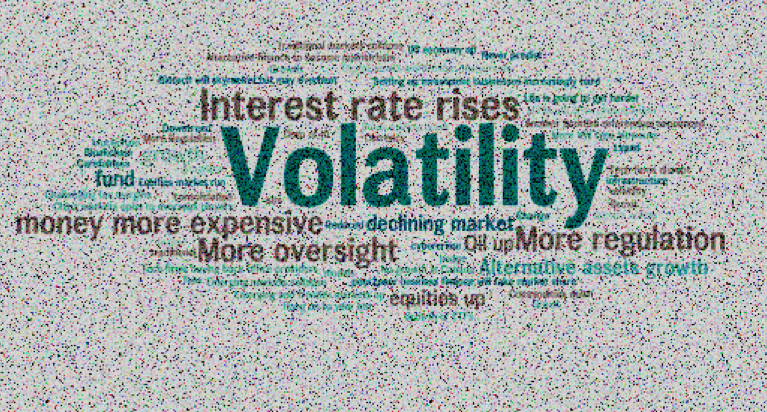In 2003, the U.S. government founded the Fixed Income Clearing Corporation (FICC) to oversee confirmation, settlement and delivery of fixed-income assets in the United States. Created from the integration of the Government Securities Clearing Corporation and the Mortgage-Backed Securities Clearing Corporation, the agency ensures the systematic and efficient settlement of U.S. government securities and mortgage-backed security transactions in the financial market. Recently, the Federal Reserve raised concerns about the safety of the $1.6 trillion tri-party repo market, which has prompted the FICC to propose changes.
A Short-Term Financing Tool
In the repo market, financial institutions ranging from large banks to hedge funds pledge assets in order to obtain trillions of dollars worth of short-term financing. This method of obtaining lending for broker-dealers has been cited as a significant factor leading to the 2008 financial crisis after creditors rather abruptly cut back on their repo lending to major broker-dealers. Consequently, regulators regarded other financial institutions that relied on short-term loans to finance their assets as vulnerable.
Federal Reserve Repo Reforms
As part of overall financial reform, the Federal Reserve has, in particular, attempted to reform the repo market by reducing reliance on tri-party agent transactions. Under that scenario, post-trade processing including selection of collateral, settlement and payment, custody and management throughout the life of the transaction is outsourced by the lender/borrower parties to a custodian bank as a third-party agent. In the United States, only two banks serve in that capacity.
Although the agent itself is not directly exposed to the risk of the transaction risk remains on the bilateral parties to the loan the Federal Reserve is concerned what the systemic impact might be should the collateral that secures such lending suddenly be sold. According to a managing director at a leading financial services firm, All the aspects of repo that make it a low-risk transaction for lenders historically, is what also makes it risky for borrowers.
FICC Trade Clearing
By clearing tri-party and bilateral repo transactions, the FICC maintains a safety edge in the repo market by ensuring an orderly liquidation of positions if a bank or fund were to fail. Under the proposed changes, the FICC would expand its tri-party oversight to include hedge funds and other large investors who would become limited purpose members of the FICC. In the event of a default, the FICC would provide interim liquidity. According to an official of the Depository Trust and Clearing Corporation: Centralizing the clearing and settlement of repo transactions through FICC could potentially help to prevent another squeeze in tri-party funding such as the one observed in 2008 when funds sharply reduced their lending during the run-up to the Lehman failure.
David draws on 20+ years’ experience in both legal practice and in business services delivery since his own call to the Bar in 1989. With several years in the startup environment, including as a co-founder in the legal tech space specifically, he brings a unique and timely perspective on the role of data, automation and artificial intelligence in the modern and efficient delivery of services for legal consumers. Having been both a corporate buyer of legal services and a services provider, he identifies the greater efficiency and value that can be achieved in legal operations for corporate buyers especially.
An attorney, David worked for law firms Pinsent Masons and Linklaters in London before moving to New York to join Credit Suisse. As CAO, he helped negotiate & execute the relocation of Credit Suisse into its new NYC global HQ. Subsequently, David directed major global outsourcing, shared sourcing, HR operations & process efficiency initiatives including the digitization of records, the global roll-out of PeopleSoft HRMS & Y2K. David has worked extensively in the UK, US, Philippines, India and China markets in the areas of data management, human resources and business process outsourcing.
Most recently, David has been successfully investing in and serving as an advisory board member of several legal services start-ups including a cloud-based solution for legal process automation and e-filing; and a technology solution for large-scale capture of court and other public data used for litigation analysis, among others.
David graduated from the University of Manchester with Honors in Law and Bar School (College of Legal Education) in London, and has been a member of Middle Temple since 1989. He is the founder and former Chairman of The Global Sourcing Council.
Member: Bar of England & Wales, ABA, NYCBA, ACC, DRI









































